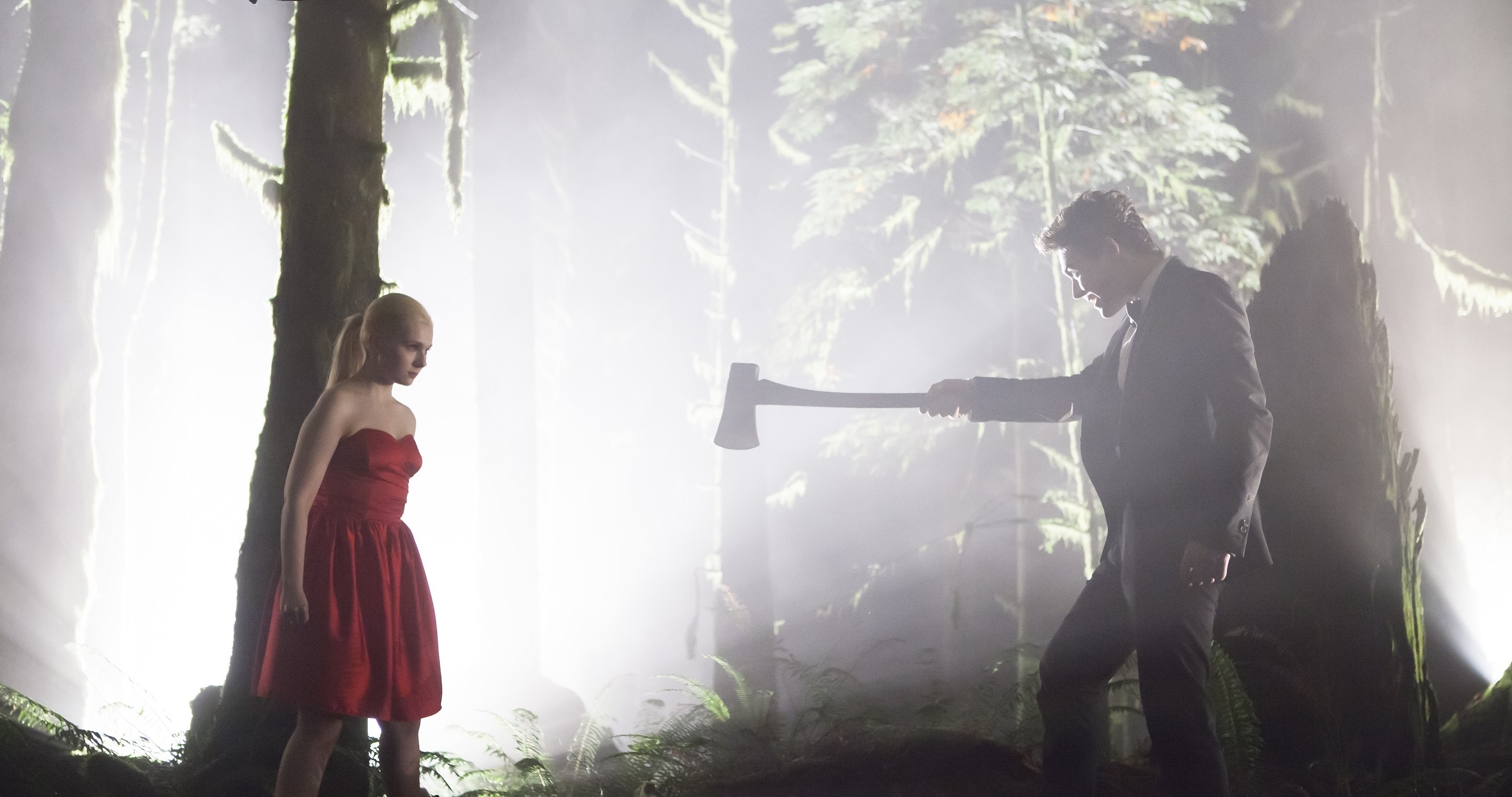"They thought she was prey — they never saw the predator."
Final Girl twists the slasher formula into a sleek, psychological game of predator and prey, where the “final girl” isn’t a lucky survivor — she’s the trap. Veronica, a mysterious young woman with a calm demeanor and unshakable gaze, is trained from childhood to face evil head-on. When she moves into a small town and catches the attention of a group of well-dressed young men, their predatory smiles hide a chilling hobby: luring unsuspecting girls into the woods to hunt for sport. They believe they’ve found their next victim. They couldn’t be more wrong.

Under the moonlight’s cold silver glow, the group invites Veronica into their deadly tradition. Their arrogance blinds them to the sharpness in her eyes, the precision in her movements, and the quiet confidence of someone who knows exactly how the night will end. As they lead her deeper into the forest, the familiar thrill of the hunt takes hold — but this time, the roles are reversed. The hunters are about to learn what it’s like to be prey.
The film thrives on its slow, deliberate tension. The forest becomes a maze of shadows and whispers, where every step echoes the inevitability of reckoning. Veronica doesn’t fight with fear, but with calculated control, dismantling her pursuers one by one, stripping away their bravado until nothing is left but desperation. Each confrontation reveals not just her physical skill, but the psychological warfare that turns their own minds against them.

Final Girl is as much about survival as it is about justice — not the justice handed down in courtrooms, but the primal kind, delivered in the dark, where morality blurs and fear becomes the ultimate weapon. By the time the sun rises, the forest will be silent again, and Veronica will walk away, not as a survivor, but as the architect of her enemies’ downfall.
-1754449150-q80.webp)

-1748830436-q80.webp)
-1752658108-q80.webp)